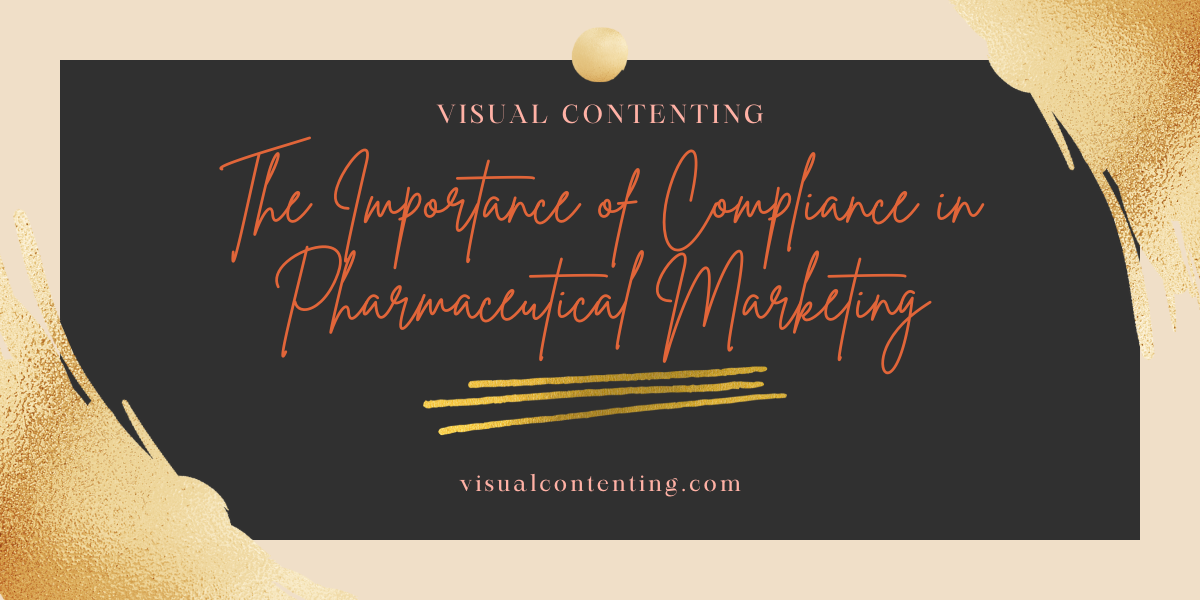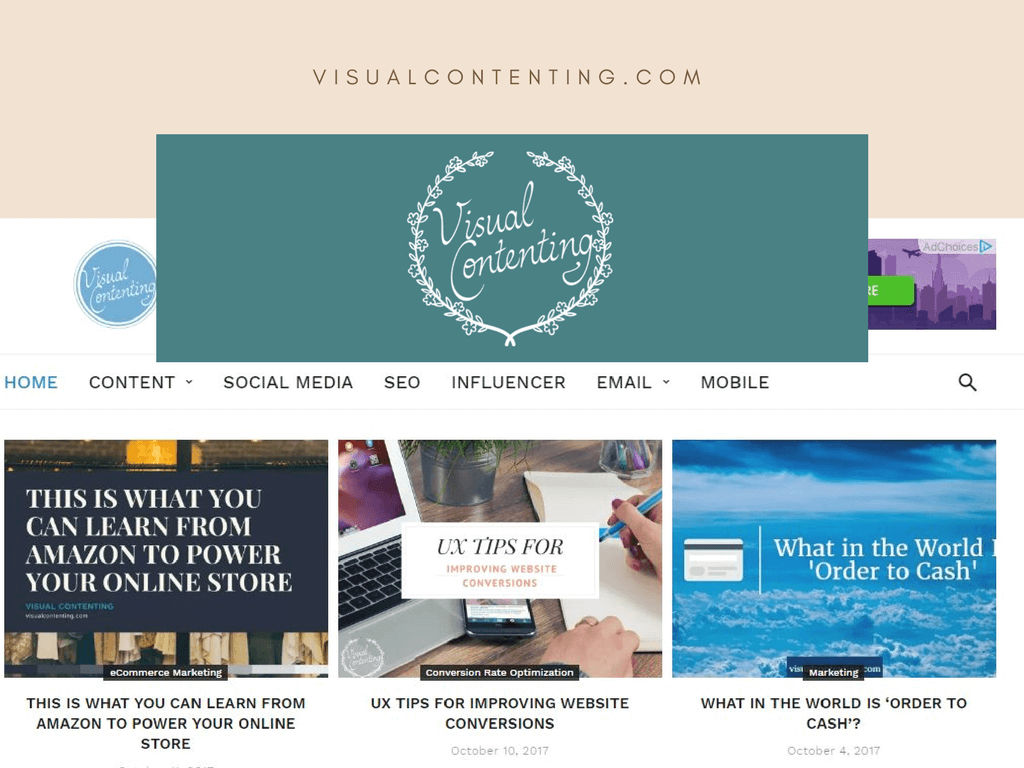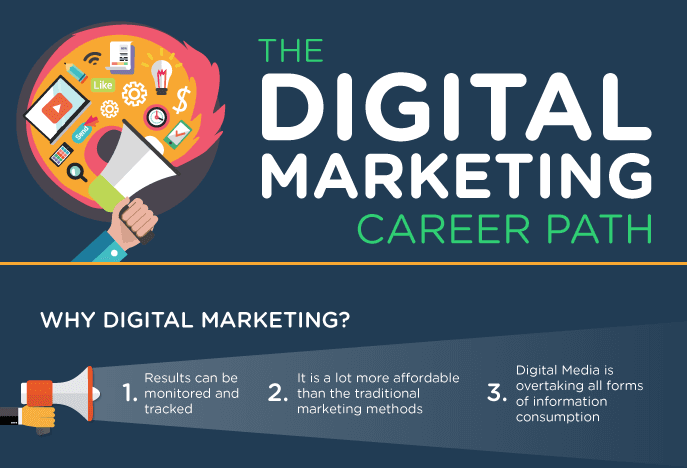Compliance is the touchstone for pharmaceutical marketing efforts. Advertising pharmaceuticals requires care and precision to convey accurate, up-to-date information. Otherwise, health care personnel (HCP) customers receive ads for unregulated products if a marketing team needs more compliance insight.
Regulatory and governmental entities are responsible for maintaining and updating compliance standards to meet medicinal advancements. Pharmaceutical marketing departments must stay informed and have open communications between these bodies to advertise safely. If compliance information dispersal remains consistent and reliable, marketing teams can employ specific techniques to amplify the value of their pharmaceutical marketing.
Current State of Pharmaceutical Compliance
Rapid medical acceleration and digitization have rendered several pharmaceutical compliance standards nonexhaustive. That means regulatory bodies must then issue amendments to guide medical enterprises until complete evaluation and implementation can occur. However, this ecosystem isn’t sustainable for cohesion on multiple levels.
Sectors outside of pharmaceuticals rely on these codes, including lawyers and the tech industry. Any business assisting pharmaceutical growth needs these compliance outlines as well, but sometimes entities don’t write them in an accessible way for industries with varying expertise.
Simultaneously, medical companies want external and internal consistency. Since a private health organization can manage its staff, many choose to administer internal compliance guidelines that resemble the current compliance environment to the best of their ability. However, validating these evaluation processes is one of the most glaring issues in the industry. While they strive to create order where there are gaps, these efforts yield more significant disparities in compliance adherence.
These moves impact pharmaceutical marketers despite well-intentioned motives to streamline processes. Marketing teams must gamble on these rulings when advertising to HCPs, which could lead to some gray legal areas. The fear trickles down as HCPs don’t want to prescribe or administer poorly advertised pharmaceuticals or unintentionally provide disallowed promotional material.
However, there is hope as these pharmaceutical fraud issues and other questionable practices become more publicized. As compliance administrators achieve consistency, health care — and related industries — will interpret and follow pharmaceutical compliance easily.
Benefits of Pharmaceutical Compliance
Keeping HCP and patients safe and healthy is a marketing team’s top priority as they put new and effective medicines to the forefront and spread disease awareness. Compliance adherence is the primary benefit because pharmaceutical marketing teams are the intermediary between HCPs and customers seeking medical assistance. With their hard work, patients heal.
Every business that proves compliance immediately garners the trust of B2B customers and the public. No company wants to be in the press for lawsuits for pharmaceutical conspiracy or fraud, as it delegitimizes an entire corporation because of willful or blissful ignorance.
HCPs looking for providers prioritize those with compliance because it acts as a safeguard against audit warning letters in the future. Companies working only with companies that maintain compliance can avoid legal concerns because liability stays low.
Similarly, following compliance means a pharmaceutical marketing team is knowledgeable about every facet of the process, such as:
- Keeping a training schedule for HCP.
- Knowing safe billing practices.
- Adhering to image and text regulations for packaging.
- Staying current with medical inventories.
- Notating documentation accurately for DEA and CSA registration.
Staying on top of compliance will save companies countless amounts in potential legal fees or mismanaged advertising campaigns. Pharmaceutical marketing teams remaining as honest as possible in advertising means less backlash and more loyal customers.
Pharmaceutical Marketing Benchmarks
It’s only possible for a company to follow compliance guidelines if it knows which organizations to look to for updates. For example, there are differing advertising compliances for prescription and over-the-counter medications.
The U.S. has several main entities to model for prescription medications — the FTC, the Federal, Food, Drug and Cosmetic Act (FDCA) and the FDA. Individual states and organizations may also have more localized compliance requirements. Other related organizations are the Department of Health and Human Services and the American Medical Association, which maintains oversight in the medical field.
For OTC drugs, there are fewer hurdles. The FDA’s hand in OTC medicine differs from prescription drugs. Most of the responsibility lies with the FTC because they manage advertising compliance — not labeling or other medical duties.
Companies must instill internal guidelines based on these recommendations to solidify pharmaceutical marketing strategies. Only at certain phases of medicinal distribution must products be reviewed by external bodies like the FDA. These processes help prevent misbranding or sending harmful medications into the market.
Around the world, the European Federation of Pharmaceutical Industries and Associations (EFPIA) and the WHO’s Ethical Criteria for Medicinal Drug Promotion are examples of global compliance touchpoints. They also display how rules can vary across borders.
These resources detail suggested requirements for physical products and digital landscapes, including creating accurate physical and digital imagery and hosting promotional in-person and online events.
Best Practices for Marketing Teams
Two main pillars to excelling in the pharmaceutical compliance market are getting second opinions and staying transparent. Though lawyers may have different interpretations of compliance benchmarks, having an outside perspective from an individual whose job is to protect the entity they serve is vital in obtaining peace of mind and advice with no bias. Plus, their expertise could range from assisting with digital integrity to helping install a company-specific rule set.
Another supplement for peer-reviewing is utilizing technological resources. Software for pharmaceutical marketing teams can automate compliance reviews, and some even employ AI for continued learning. Eventually, human and robotic aids will help pharmaceutical marketers stay as updated and compliant as possible.
Staying transparent is another way to keep marketing teams afloat. No risk is too small to disclose, and no disclaimer is too irrelevant to write. Reading up on recent research studies, medical journals and other publications keeps marketers literate on medicinal minutiae. The more careful marketing teams are with administering marketing authorization, the more likely customers will understand how much effort and research went into accurately portraying the product.
Pharmaceutical marketing teams could also leave room for more meaningful discourse within the compliance discussion. As they administer sales pitches through representatives to send drug samples or participate in medical education, they can keep communications lines free and open-minded. HCPs should question all incoming information and prepare to deliver feedback if necessary.
Offer clients the chance to submit feedback about customers’ reactions or side effects that could make marketing initiatives more precise. Since they have hands-on experience with the product, they’re one of the most valuable sources of continued education about what marketers advertise.
To keep compliance a constant success, administrators have to enforce continued training. It reminds pharmaceutical marketing teams what their duties are to customers and how it aligns with their code of ethics.
Understanding Regulations for Pharmaceutical Success
Staying in tune with pharmaceutical compliance may be a job by itself, apart from the rest of the marketing strategy. It may feel like micromanaging, but the medical world is ever-changing for a reason — humans make pharmaceuticals and health care better for everyone.
Staying on top of compliance is a way for pharmaceutical marketing teams to stay in touch with the world’s progress and keep people safe with the most current information about medicines. So long as teams always remain diligent and keep communications open, they should avoid legal repercussions and serve their customers with accurate, helpful information.
Related Posts
Devin Partida writes about topics concerning tech and the internet. She is also the Editor-in-Chief of ReHack.com.







